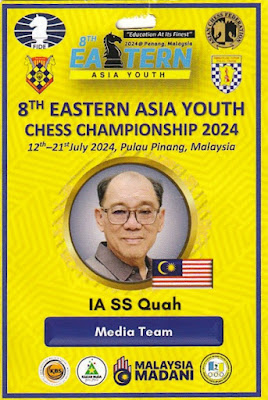It's 12 noon in London, 7:00am in Philadelphia and around the world it's time for LIVE AID.
If there’s anyone who hasn’t watched the Live Aid DVDs before, this 57-minute video—which premiered on YouTube on the 14th of July to commemorate the 40th anniversary of Band Aid and 39th anniversary of Live Aid—has encapsulated most of the highlights from the London and Philadelphia performances. The video also serves as an unspoken mini-tribute to Freddie Mercury, with Queen’s Radio Ga Ga shown in its entirety, unlike the other performers’ truncated songs.Live Aid, held on 13 July 1985, was a dual-venue benefit concert that brought together some of the biggest names in music to raise funds for the Ethiopian famine crisis. Organised by Bob Geldof and Midge Ure, it is considered one of the most significant concerts in rock history and was watched by nearly 40 percent of the world's population. The event featured legendary performances from artists such as U2, David Bowie and Elton John, among many others. Queen’s set, in particular, is often hailed as one of the greatest live performances of all time, with Freddie Mercury’s showmanship and vocal prowess captivating the global audience.
Band Aid itself was a charity supergroup featuring mainly British and Irish musicians, founded in 1984 by Geldof and Ure to raise money for the famine. Their iconic song Do They Know It’s Christmas? became a massive hit, sparking the creation of Live Aid the following year to further support the cause.
For those who missed the DVDs, this video offers a condensed yet powerful glimpse into the magic of the 16-hour Live Aid satellite telecast that captured the spirit of unity and generosity that defined the event.



















































